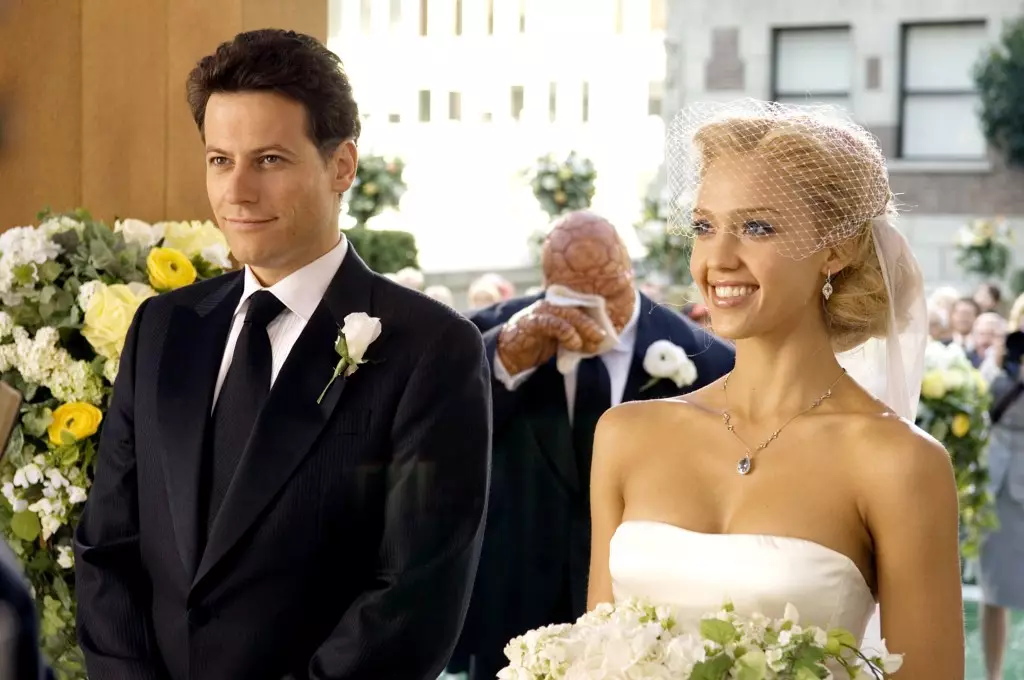The saga of the Fantastic Four, once a promising cornerstone of superhero cinema, serves as a stark reminder of how industry decisions often undermine creative possibilities. Actor Ioan Gruffudd’s reflections on the doomed third installment reveal a larger narrative about the Hollywood system’s tendency to prioritize short-term gains over meaningful storytelling. Despite the film’s evident success—both critically and commercially—the studio’s choice to abandon a planned trilogy illustrates a disheartening pattern: fleeting success does not guarantee sustained investment in a franchise, especially when competing commercial priorities overshadow artistic growth.
The initial movies, although somewhat mixed in reviews, showed enough potential to pursue a third chapter that could have expanded on the rich Marvel universe in inventive ways. Instead of nurturing a franchise that might have matured and evolved, studio executives opted for a reboot within a few years. This decision not only disrupted potential plot developments but also neglected the creative continuity that could have led to a more compelling series. The narrative here is clear: economic calculations frequently trump artistic ambition, leading to missed opportunities that frustrate fans and undermine the franchise’s integrity.
The Consequences of Abandoned Visions
The cancellation of the third film had a profound emotional impact on actors like Gruffudd, who invested time and passion into their roles. His candid admission of grieving the loss underscores how fragile such projects are in the entertainment industry. When a franchise is abruptly shelved, it’s not just a creative setback; it’s a personal blow for the actors who become intertwined with their characters. For Gruffudd, Reed Richards was more than a role—he embodied a symbol of what could have been a more ambitious and thoughtful exploration of the Fantastic Four universe.
Furthermore, the decision to reboot the franchise in 2015, which resulted in a critical and box office failure, highlights the risks of neglecting storytelling roots in favor of superficial attempts at reinvention. It is telling that the newer adaptation failed to captivate audiences and critics alike, illustrating how vital consistent character development and narrative coherence are to franchise success. The echoes of lost potential linger, serving as a cautionary tale about the importance of preserving creative visions rather than succumbing to commercial shortcuts.
The Industry’s Short-Sighted Approach and Its Impact on Fans
This pattern of abandoning promising franchises in favor of quick reboots or superficial updates reveals a deeply flawed approach within Hollywood’s political economy. The emphasis on franchise reboots as a safe financial bet arguably diminishes the innovative spirit that sustains long-term success. Fans, often seen as mere consumers, are essentially denied the opportunity to experience a franchise’s evolution—an evolution that could have brought genuine artistry and deeper engagement.
The fans’ speculation about Gruffudd’s possible return—fueled by appearances of other familiar faces in the Marvel universe—illustrates a desire for continuity and authentic storytelling. Yet, the industry’s tendency to treat these characters as interchangeable or disposable further emphasizes its short-sightedness. It undermines the very foundation of shared storytelling, where deep character arcs and interconnected narratives are what truly elevate a franchise beyond mere spectacle.
In the end, the missed opportunity to create a meaningful trilogy speaks to a broader cultural failure: valuing profits over artistic integrity. It’s a reminder that the future of superhero films could be brighter if Hollywood shifted its focus from chasing quick hits to nurturing long-term creative visions. The story of the Fantastic Four’s cinematic journey is not just about missed films; it’s about lost potential to redefine what superhero storytelling could be in the modern era.


Leave a Reply